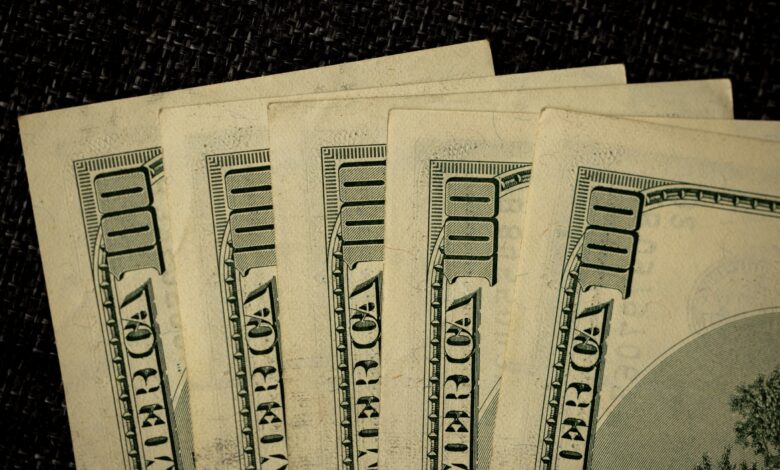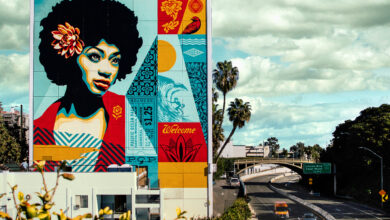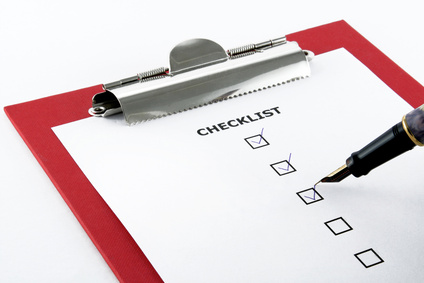
The Balance Between Raising ADR and Managing Guest Expectations
By Larry and Adam Mogelonsky | September 5, 2023
There are a lot of factors that are driving up hotel ADRs, with lingering inflation as just one of them that people have been focusing on. But while hotel executives are incentivized to show annual rate growth and develop strategies to support this increase that involve new product features and onsite upgrades, we may perhaps still be putting the cart before the horse.
That is, we may think ADR increase first, then justify that rate second and only after we notice some occupancy attrition. What we’re forgetting in this conversation is the psychology of pricing and how that affects guest expectations.
As Adam (one of our two authors) noted during his speech on how luxury travelers think differently about their accommodations at BITAC Independent in early August, “With great rate comes great expectations.” For reference, the speech was called ‘The Mille Club’ where ‘mille’ is Italian for a thousand, denoting what hoteliers can learn from properties that charge over $1,000 per night.
This is to say, as any hotel looks to grow rate in real terms (that is, actual rate and not just keeping pace with inflation in nominal values), guests will come onsite with higher expectations that will inevitably require more operational perfection. This is especially true if ownership is embarking on a plan to uplevel half or a full star.
How Exactly Price Influences Expectations
Suppose a guest checks in for $199 a room at what would be a midscale hotel. Their expectations are humble – a quiet night’s sleep, controllable air conditioning, a comfortable bed and a clean bathroom. The price is reasonable based on the rates in the guest’s near-past set of hotel experiences. They understand that they have opted for a modest-priced room and have calibrated their standards. They may even give the room a high rating on TripAdvisor because it offered good perceived value.
Now take this same room and increase the rate to $349, a 75% increase. What are the guest’s expectations at this higher rate? Will the same loud-cycling air conditioner, starchy bedsheets, polyester blanket, and minimal amenities suffice? Will they be more sensitive to perceived slights by the front-of-house team?
In these cases, the guest’s standards may have risen in direct proportion to the new price point. That same guest who might have given a five-star review might now rate give two or three stars, wherein it’s important to note that guest reviews are emotionally driven and independent of a solid knowledge base of the comp set or brand standards checklist. Nothing has changed insofar as what the operations team delivered. Rather, the guest expects and, really, deserves more at the higher price.
The reality facing today’s hotel guests are that prices significantly higher than pre-pandemic rates. Many hotels are enjoying RevPAR levels that were unattainable four years ago. Operators are basking in EBITDA percentages that they have never previously experienced. Ownership is encouraged, eagerly recouping losses incurred during the lockdown era.
Now Consider Chargeback Nuisances
In chargeback situations, all credit card customers are immediately given priority over merchants – that’s how these payment networks were first built and continue to build trust. Fighting a chargeback is both time-consuming and costly for hotels. Moreover, with too many chargebacks, your merchant account is flagged and higher processing fees may be applied.
Chargebacks are a hidden nuisance on a hotel because of the time and monetary loss, and yet they often get buried within a tabulation on the income statement, represented by the ‘negative revenue’ or ‘bad debt’ line item and without anyone at corporate having the necessary granularity into on-premise happenings to ask what can be done to prevent future incidents. While the frequency of chargebacks has subsided, for some properties we worked with during the pandemic it bloomed to as much as 5% of gross revenues.
What happens when you raise rates is that expectations increase, and with those expectations is a greater chance of not living up to them if service doesn’t get likewise enhanced. From the guest’s perspective, if they feel slighted by this arbitrage, they may take it upon themselves to punish the hotel through what’s known as ‘friendly fraud’ wherein the guest(s) stayed at the hotel but then claims that the service rendered was insufficient.
Chargebacks vary by region and by hotel, but there are lessons to be learned from each one that transpires, both in terms of what types of guests are acting malevolently as well as what the hotel can do to better prevent guests from using the chargeback mechanism as a retaliatory action due to the property not meeting their newly elevated expectations. One of the best ways to prevent chargebacks from happening in the first place is to ensure that your services and amenities are on par or exceed benchmarked guest expectations for the rates you charge.
To repeat, with great rates come great expectations. Growing rate is always commendable, but you must first consider what you are doing to justify that rate in order to prevent any backlash. This requires long-term planning and likely some capex, as well as a concerted meeting of the minds amongst all departments to ensure that they act in lockstep.






Get involved!
Comments